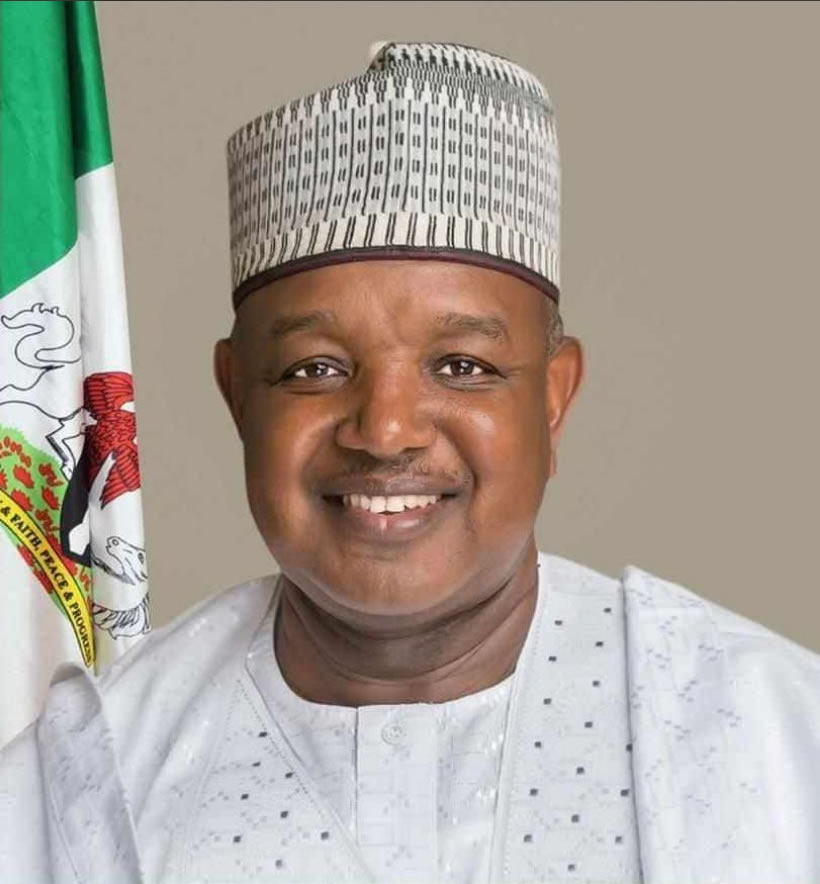The Minister of Budget and Economic Planning, Senator Abubakar Bagudu, says the recent nationwide #EndBadGovernance protests have forced the federal government to listen to the demands of Nigerians.
The Minister said this when he spoke at the ‘’Nigerian Economic Summit Group National Economic Dialogue on Nigeria’s Economic Future: 25 Years of Democracy and Beyond.’’
While noting that efforts were in progress to improve the country’s fortunes, Bagudu said;
“We have learnt that even the current protests have made us listen more. Whatever we are doing, we have taken the message that we need to do more, we need to do better, and we need to do it in a hurry.
President Bola Tinubu has been very reluctant to reflect on the past and blame anybody, but the net effect is that despite efforts by previous administrations, especially in the last 25 years, we are not where we want to be.
So, what do we do? It’s not because of anyone’s failing, but that is our reality. We have yet to achieve the income per capita that we require, and it’s not for lack of trying; it’s not for lack of successes. With the transformation in the telecommunication sector, at some point, we even reversed our gross domestic product, GDP.
Our population has grown from 119 million in 1999 to about 230 million, almost double. Still, our oil production, for example, 2.2 million barrels in 1999, is now rather than 4 million, according to the doubling of our population, which is still under 1.5 million, reflecting cumulative years of underinvestment in the sector.
So, our reality is that we are not where we want to be, and our constitution needs to be more transparent about what we should do. Chapter 2 of our Constitution, the Fundamental Objectives and Directive Principles of State Policy, clearly discusses the country’s political objectives. It is also very clear about the economic objectives—what kind of economy we want to run.
Chapter two of the Constitution spells out citizens’ duties. The chapter opens by saying that all persons in authority, legislative, executive, and judicial, at all levels of government, have the primary mandate to ensure the achievement of those fundamental objectives in Chapter 2.
So, the constitution, maybe we can interrogate it and make it better, provides a starting point. Agenda 2050 reflects those objectives. We want a nation that includes all. We want a higher per capita by the year 2050. We want to ensure that we invest not less than $100 billion annually.”

